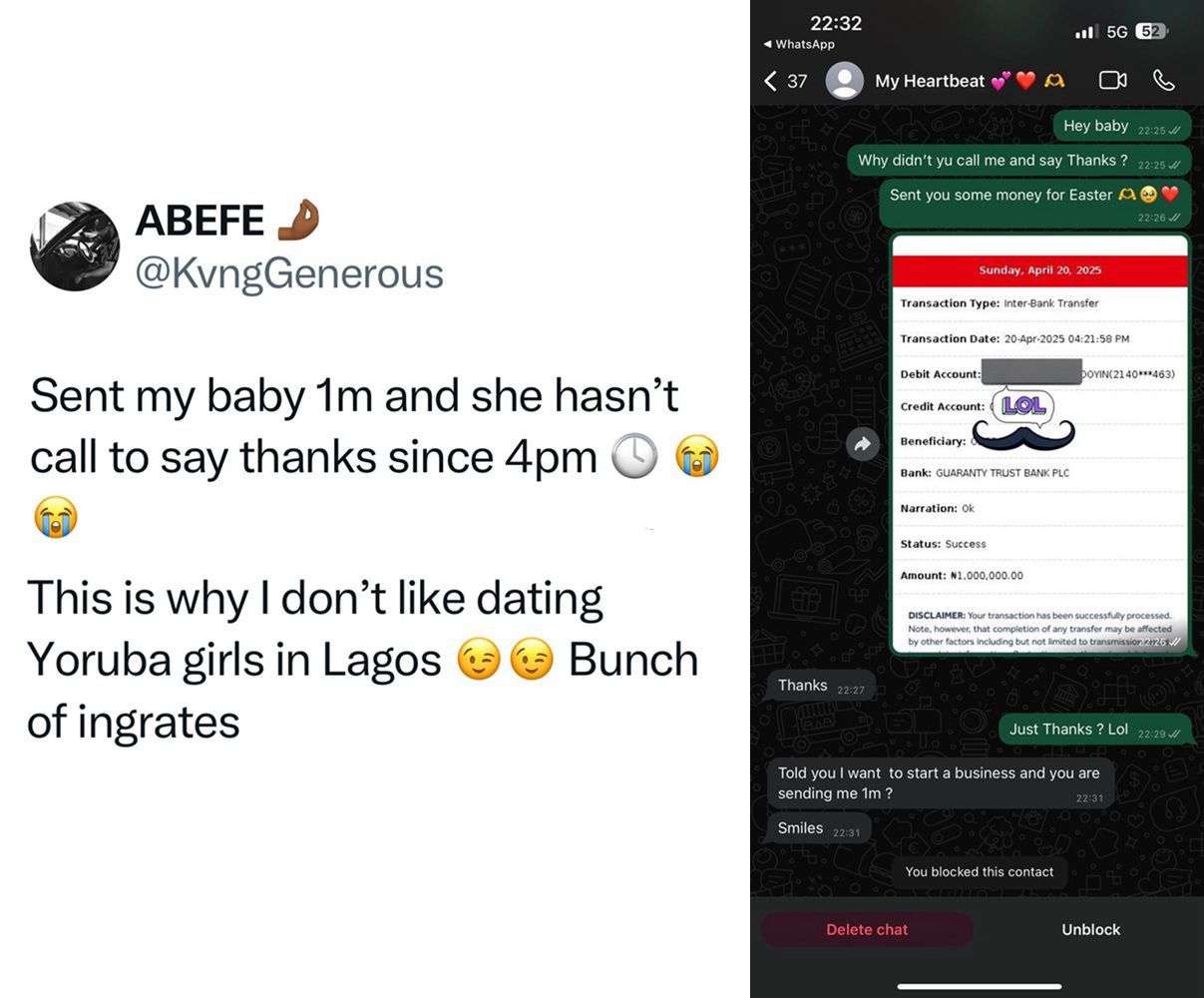
Kebbi Governor Suspends Official Over Controversial LGBTQ Claims: What You Need to Know

In a recent development that has sparked widespread discussion, Kebbi State Governor Nasir Idris has taken decisive action by suspending a senior official, Nasiru Abubakar Kigo, from his position as a permanent secretary in the state’s cabinet office.
The suspension, announced on April 4, 2025, stems from Kigo’s bold and controversial assertion that Kebbi and Sokoto States have the highest number of registered gay and lesbian individuals in Nigeria.
This claim, which lacked verifiable evidence, has been met with strong disapproval from the governor, who labeled it as baseless and offensive to the cultural and religious values of the region.
Nasir Idris, a prominent figure in Nigerian politics, has a long history of leadership in both educational and labor sectors before ascending to the governorship.
Born on August 6, 1965, in Birnin Kebbi, Idris has built a reputation as a staunch advocate for workers’ rights.
He previously served as the national president of the Nigerian Union of Teachers (NUT) and as the deputy president of the Nigeria Labour Congress (NLC).
His political journey took a significant turn in May 2022 when he emerged as the governorship candidate for the All Progressives Congress (APC) in Kebbi State.
Following a competitive election, Idris was declared the winner of the 2023 Kebbi State gubernatorial race by the Independent National Electoral Commission (INEC) on April 17, 2023, solidifying his position as a key political leader in the state.
The controversy surrounding Kigo’s statement erupted after he allegedly made the claim during a Tafsir session, a religious gathering often held during Ramadan.
According to reports, Kigo stated that Kebbi State alone had 19,567 registered lesbians, predominantly married women, and 15,979 homosexuals, while also asserting that Sokoto State led the nation in lesbianism.
Governor Idris swiftly debunked these figures, emphasizing that no credible data supported such claims.
He further highlighted the cultural and religious significance of Kebbi and Sokoto, both of which are deeply rooted in the legacy of the Sokoto Caliphate, a historical Islamic state known for its adherence to moral and religious principles.
Idris condemned the statement as not only misleading but also damaging to the reputation of the two states, arguing that it painted their people in a negative light and misrepresented their Islamic heritage.
This incident also brings to light the broader context of LGBTQ rights in Nigeria, particularly in the northern states where Sharia law is enforced alongside common law.
In states like Kebbi, Sokoto, and others including Bauchi, Gombe, Jigawa, and Zamfara, same-sex relationships are criminalized with severe penalties. Under Sharia law in Sokoto, for instance, sodomy is punishable by stoning to death, while lesbianism can result in up to 50 lashes and a six-month prison term.
Additionally, acts of "gross indecency" or cross-dressing in public can lead to punishments such as caning or imprisonment.
These laws reflect Nigeria’s broader legal framework, which criminalizes same-sex relationships nationwide, with penalties that can include up to 14 years in prison under the Same Sex Marriage (Prohibition) Act of 2013.
The suspension of Nasiru Abubakar Kigo has ignited a debate on social media, with some questioning the governor’s decision to suspend him without first proving the claims false through data, while others speculate about the underlying motives behind the statement.
The incident underscores the tension between cultural norms, religious values, and individual freedoms in Nigeria, particularly in the conservative northern region where such topics remain highly sensitive.
As investigations into Kigo’s claims continue, this case highlights the challenges of addressing LGBTQ issues in a country where legal and societal attitudes remain largely unyielding.


